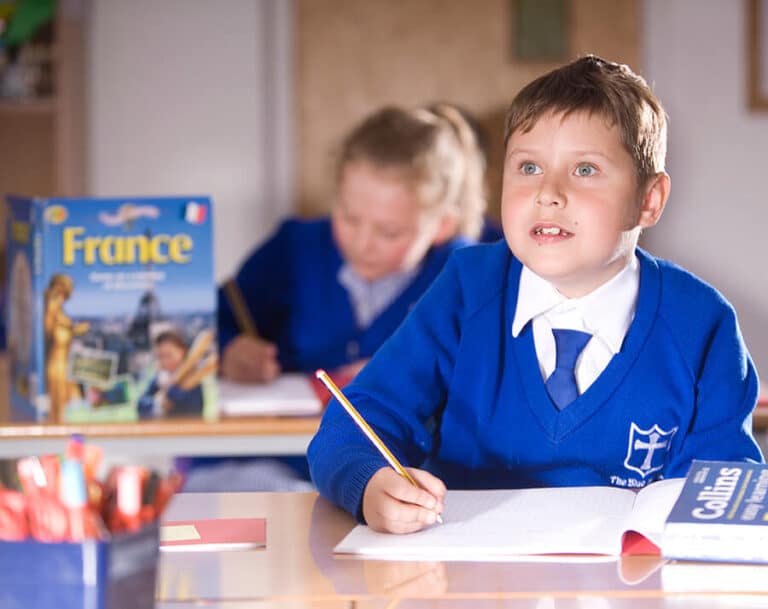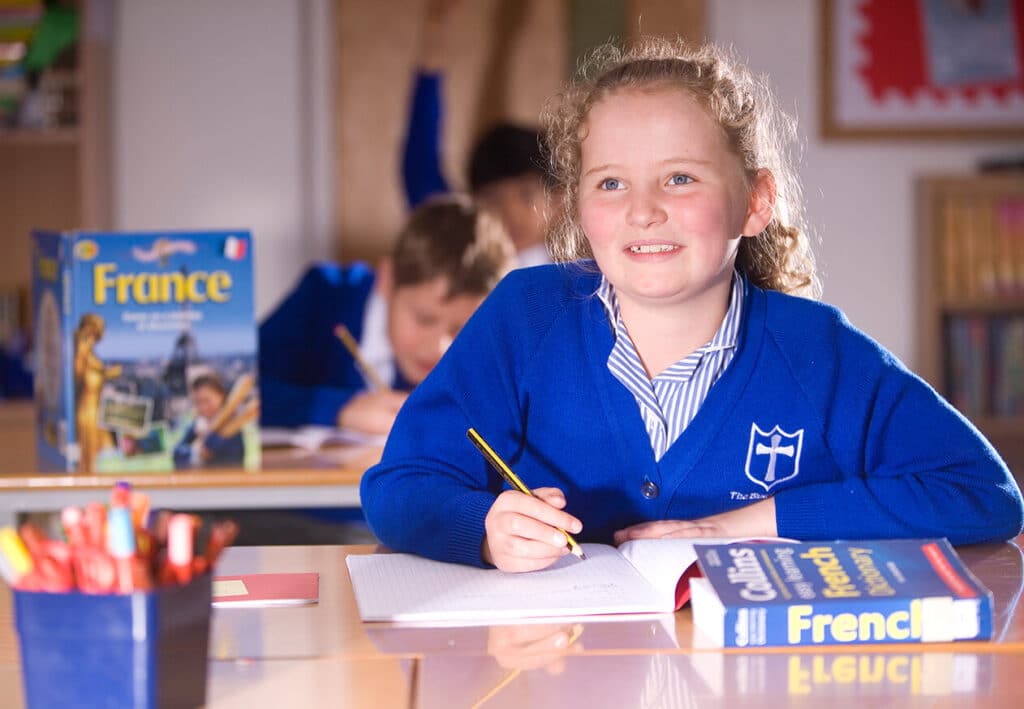Whatever you do in word or deed, do everything in the name of the Lord Jesus, giving thanks to God the Father through him.
Colossians 3:17
Menu
Close
- Home
- Admissions
- About Us
- Information
Arrangements
Parent Information
Parent & Child
Statutory Information
- Parents
- Classes
- Curriculum
- News & Events
- Contact
Close
- Home
- Admissions
- About Us
- Information
Arrangements
Parent Information
Parent & Child
Statutory Information
- Parents
- Classes
- Curriculum
- News & Events
- Contact


